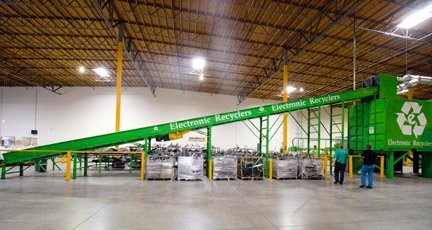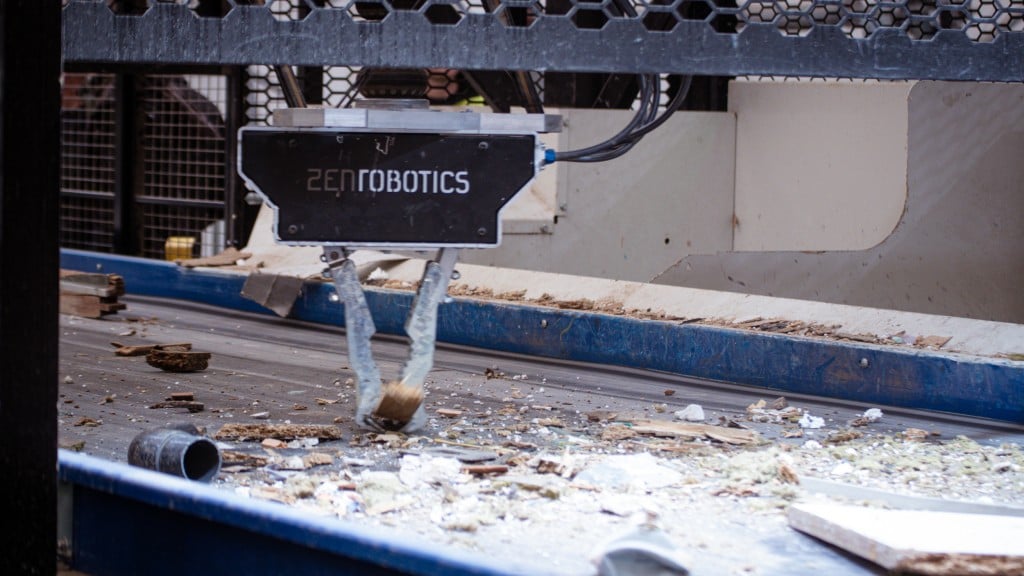ERI introduces groundbreaking glass recycling technology
Solving the challenge of electronics glass

These days, more and more North Americans are recycling their unused electronics and, with the expanding number of municipalities that have recently adopted e-waste legislation, the recycling of obsolete televisions, computers, and other items will only grow. While this progress in environmentalism is undeniably positive, the full realization of myriad potential benefits rests entirely in the hands of the recycling companies in whom society has put its trust.
Unfortunately, there is no guarantee that local e-waste recyclers are disposing of all the materials in obsolete electronics in a socially-responsible way. Specifically, processing glass by-products has long been a challenge for recyclers of electronics, some of whom still opt to engage in illegal dumping at home and internationally. Acts of “toxic trading,” or shipping e-waste on scrap barges to be dumped on foreign shores, are becoming more and more common as unscrupulous recyclers attempt to dodge hefty government fees for proper de-manufacturing.
Until recently, the technology to efficiently recycle post-consumer glass was not well developed. Relatively few glass furnaces or lead smelters even attempted to recycle materials such as Cathode Ray Tubes (CRTs), which are loaded with toxic lead. According to Electronics Recyclers International (ERI) all this is about to change.
ERI, the U.S.' leading recycler of electronic waste, recently received approval by the State of California to utilize a technology system for the recycling of glass from old televisions, computer monitors, and CRTs. Relying on innovative technology that utilizes a proprietary cleaning system that solves previous problems, ERI is able to clean and process glass on site in a safe and environmentally responsible way.
“We’re very excited to be implementing a recycling solution technology for glass right here on site,” said John Shegerian, ERI’s Chairman and CEO. “Our hats are off to the State of California, who have worked closely with us to review and approve this technology. Their forward thinking openness to embrace new technology to benefit our environment is truly commendable. For too long, glass has been a challenging part of the electronic recycling puzzle for many and we are proud to offer our industry a solution that is clean, efficient, and fast.”
According to ERI, they are the first North American organization to implement this superior glass cleaning technology, originally developed in Europe, and widely considered the "gold standard" in glass processing. The technology is already in place at ERI’s Fresno, California location and is being installed at all other ERI locations around the U.S.
Electronic Recyclers International


